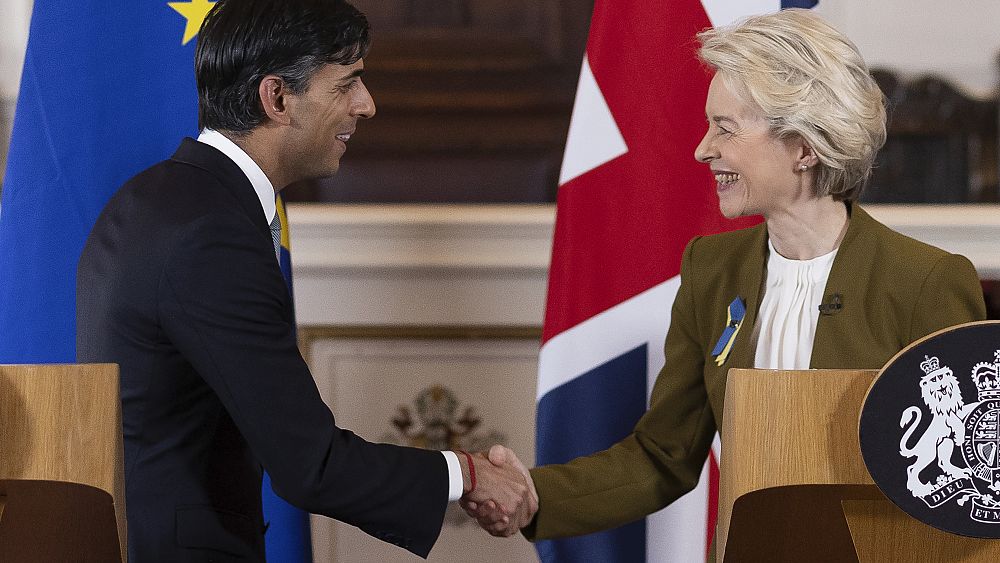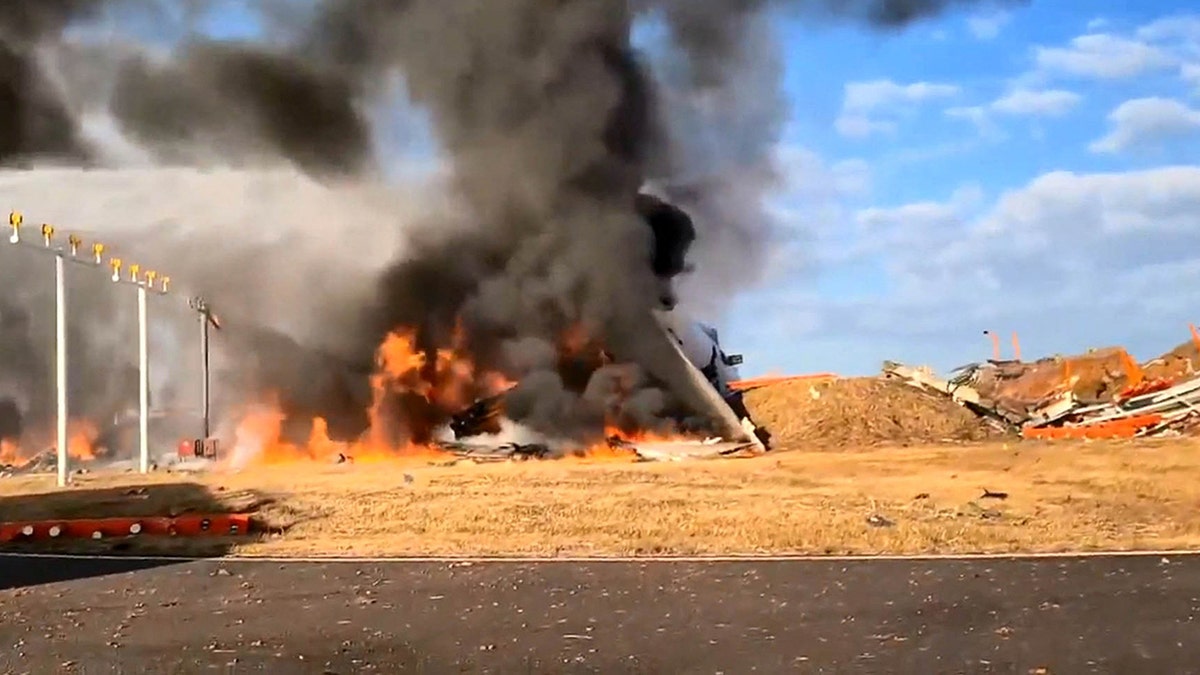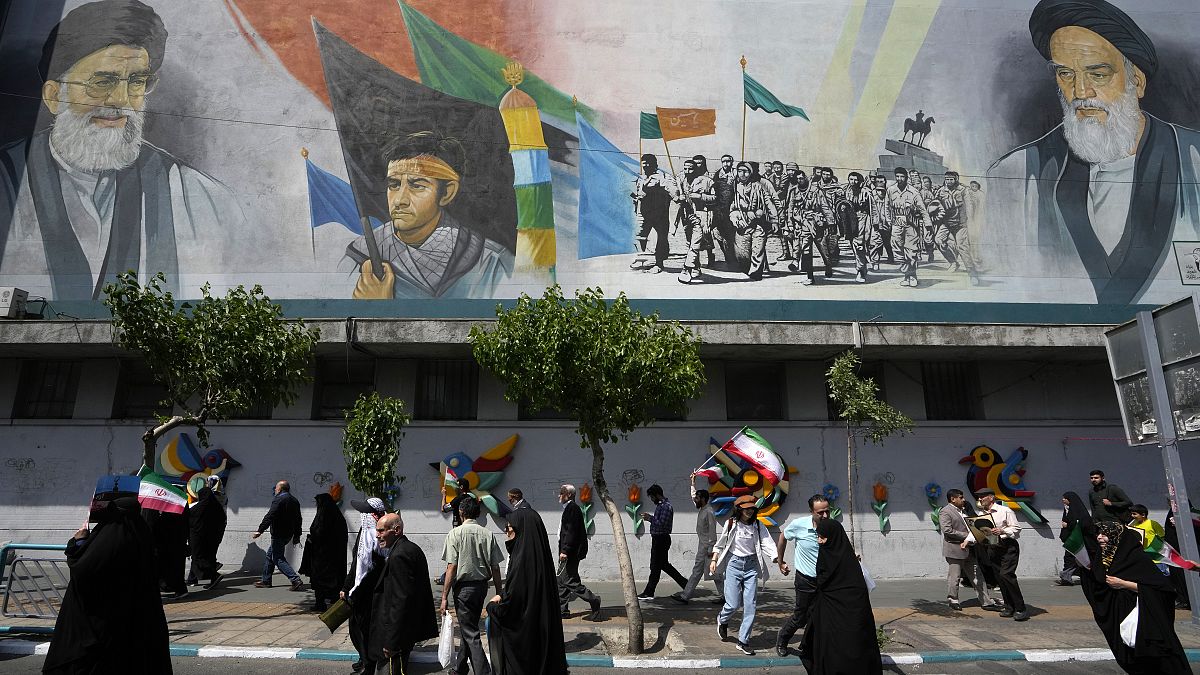World
Brits regret Brexit but rejoining the EU is unlikely

Protests and demands for the UK to rejoin the EU are growing steadily in the UK, where most are saying Brexit has failed.
Last Saturday around 20,000 people marched in London calling for political leaders to embark on yet another complex and highly contentious negotiating path with Brussels.
Around 62% of Britons believe Brexit is a failure according to British polling company YouGov.
The UK economy has been hit as a result of Brexit – in particular, prices rose by 25% from January 2021 until March of this year, as £6.95bn (€8 billion) was added to food costs – a consequence of the extra trade barriers from leaving the Single Market.
According to the report by the London School of Economics the impact has been felt most by the poorest in society who spend much more of their income on food.
In addition, researchers at the Centre for European Reform estimate that business investment was 23% lower than it would have been in 2020/21 due to Brexit.
Pro-EU activist Femi Oluwole says the draw Brexit once held is no more.
“We have Nigel Farage saying that Brexit has failed and it hasn’t helped us economically at all.
“So the Brexiteers effectively have much abandoned, at least this version of Brexit. They keep coming out with things like ‘Oh, we do Brexit differently’. But the public has kind of moved on from the idea that you can make Brexit work,” he told Euronews.
He added that the ‘sovereignty’ argument is no longer prevalent in the discussion and the reality of the cost of Brexit is starting to bite.
“The debates that we had six years, seven years ago about all that sovereignty stuff of Britain standing on its own and all that sort of stuff. It’s just come face to face with the fact that there are more important things in life. Can you feed your kids right now?
“Half of low-income families in the UK are skipping meals to feed their kids. We cannot afford Brexit if we can’t afford food, we can’t afford Brexit.”
A possible return to the EU?
If the UK were ever to chart the course in rejoining the EU, it would be a vastly different club to the one it left.
Major fundamental shifts to a closer, interdependent union have resulted from the crises Europe has faced.
It’s hard to know what role or position the UK would have taken in each of these decisions had it stayed. Would it have blocked, watered down or supported the Rescue and Resilience Facility (RRF) borne out of the COVID pandemic’s destruction of certain economic sectors?
For the first time, the EU borrowed money on behalf of the member states and distributed it in the form of grants and loans. This would have gone against the UK’s strongly expressed disapproval of the term ‘ever-closer-Europe’.
There has also been far stronger cooperation on security and defence, including the use of the Peace Facility to provide lethal weapons to Ukraine. And a serious, purposeful discussion on enlargement is underway.
Georg Riekeles, who was diplomatic adviser to the former EU chief negotiator Michel Barnier and is now executive director of the European Policy Centre says the EU has changed, and is on an even more monumental journey of change in the coming years. It would be impossible for the UK to continue when it left the EU in 2020.
“First and foremost, we’d be talking about an entirely new discussion. It will not be about the possibility of UK the rejoining on past terms.
“The EU is in an enlargement process now, not only about the Western Balkans, it’s also about Ukraine, it’s also about Moldova and potentially beyond.
“And that is in itself a very big challenge to the to the EU. I think current institutional political economic structures in the EU are not ready for this enlargement.
“If the UK used to go ahead” it will be a different discussion about what “membership means, of participation to the single market, to the euro,” Riekeles told Euronews.
The current Conservative government has adopted a more pragmatic approach to EU relations following several years of belligerent, anti-EU sentiment. The recent rejoining of the EU’s Horizon science and research programme as well as a long-awaited agreement on Northern Ireland through the Windsor Framework have set the two sides on better footing.
The main opposition Labour Party currently has a strong lead in the polls ahead of next year’s general election but its leader Keir Starmer, a firm Remainer and once a committed Europhile, has ruled out a return to the EU.

World
Oatis, Reuters Americas desk editor, is retiring – Talking Biz News

Friends and colleagues,
As many of you know, I’m retiring. Dec. 28 will be my final day of work after 34 years here, 10 years with the Associated Press, and time at the Greenville (South Carolina) News and a community weekly in coastal Maine.
I’ve had a lot of fun — learning something new nearly every day, crafting the occasionally clever headline and, most of all, working with some of the smartest, wittiest, nicest people in the business. I believe journalism is indeed the first rough draft of history, and that good stories can effect change, which has made the work meaningful as well as enjoyable.
I turned 70 last April and considered retiring then. But I began covering or editing presidential campaign stories in 1980, and I couldn’t resist working on one last White House run. It was well worth it.
For me, Reuters represented not one job, but a series of gigs with the same employer. In my early days as a general and political news desker, I learned to write in British English as well as American English. After the desk moved to Washington in the mid-90s, I worked on the Reuters Business Report, getting an education in business and financial journalism. (I also started a five-year adjunct professorship at Columbia’s j-school.)
After a stint as the first in-house editor of Reuters’ online internet and technology reports, I landed one of my best posts: working on the News2Web editorial system project in London from 2000-2004. My family and I spent four wonderful years in Britain, making lifelong friends and exploring Europe. I followed that up with a yearlong posting in Bengalaru running a global economic polling team, where we forged more friendships and experienced a fascinating culture.
Since returning to the States in 2006, I’ve mostly desked but there’ve been other jobs, including deputy Top News editor, Front Page editor, Reuters.com online editor and Legal News desk editor.
The list of people I could recognize for their support and friendship over the years is long, and I’d probably inadvertently leave someone out, so I’ll shout out just two people: my father, 47-year AP veteran, Cold War press hero, U.N. correspondent and role model William Oatis, whom I occasionally accompanied into the U.N. bureau on weekends starting around age 12 (He’d put me to work ripping and sorting wire copy), and the late Keith Leighty, who was my boss at RBR and became one of my closest friends.
As for those I haven’t named, you know who you are. Thanks for everything and stay in touch.
I’d be remiss in not recognizing the good work of the NewsGuild and my fellow NewsGuild members to ensure we get paid fairly and enjoy decent working conditions. And, to this day, I truly believe the union’s efforts ultimately benefit the company.
Allbest,
Jonathan
World
Plane veers off airport runway in South Korea and crashes, killing at least 176: reports

A Jeju Air flight skidded off a runway in South Korea and collided with a concrete fence, killing at least 176 people, the Associated Press reported, citing the country’s National Fire Agency (NFA).
The Yonhap News Agency attributed the devastating crash, one of the worst in the country’s history, to malfunctioning landing gear.
Jeju Air, a low-cost airline in South Korea, was carrying 175 passengers and six crew members in the Boeing 737-800 when the incident occurred Sunday morning local time at Muan International Airport in Muan County, South Jeolla Province, roughly 180 miles south of Seoul.
At least 176 people — 83 women, 82 men and 11 others whose genders weren’t immediately identifiable — died in the fire, the fire agency said.
KAZAKHSTAN PLANE CRASH SURVIVORS SAY THEY HEARD BANGS BEFORE AIRCRAFT WENT DOWN; PUTIN ISSUES STATEMENT
Firefighters carry out extinguishing operations on an aircraft which drove off runaway at Muan International Airport in Muan, South Jeolla Province, South Korea, on Dec. 29. (Yonhap via Reuters)

Firefighters carry out extinguishing operations on an aircraft which drove off runaway at Muan International Airport in Muan, South Jeolla Province, South Korea, on Dec. 29. (Yonhap via Reuters)
According to the NFA, emergency workers rescued two people, both crew members who were conscious. Three people remained missing about nine hours after the incident.
The plane landed at 9:07 a.m. local time at the airport when the incident happened.
According to the Associated Press, the passenger plane slammed into a concrete fence on the runway after its front landing gear failed to deploy.
The plane was flying back to South Korea from Thailand, the Yonhap News Agency reported.
Photos shared by local media showed smoke billowing out of the plane.
A senior Transport Ministry official said that the flight data recorder from the plane’s black box was retrieved and that crews were still searching for the cockpit voice recording device, according to the AP.
The Associated Press contributed to this report.
World
Italy says talks ongoing with Iran to release Cecilia Sala from prison

Sala was reporting in the Iranian capital when she was detained on 19 December, according to the Italian foreign ministry.
Italy’s Foreign Minister Antonio Tajani has said that Cecilia Sala, an Italian journalist detained by Iranian police in Tehran, is in “good health” and that negotiations are under way to bring her home.
Tajani said she has spoken to her parents and received a visit by Italy’s ambassador to Iran.
“The Iranian Foreign Ministry will give her basic necessities, as requested by our embassy,” Tajani said in Rome.
Sala was reporting in the Iranian capital when she was detained on 19 December, according to the Italian foreign ministry.
A contributor to the newspaper Il Foglio and the voice behind the podcast Stories by Chora Media, Sala has had her work featured in several notable Italian outlets, including Vanity Fair, Wired, and L’Espresso.
Il Foglio said she is being held in Tehran’s Evin Prison, notorious for holding dissidents.
The paper said Sala was in Iran with a regular visa “to report on a country she knows and loves.”
The newspaper’s editor, Claudio Cerasa, wrote on Friday that “journalism is not a crime,” asking to “bring Cecilia Sala home.”
Chora Meda said Sala had departed Rome on 12 December with a valid journalistic visa and official guarantees for foreign correspondents.
During her stay, she conducted several interviews and produced three episodes of her podcast.
She was scheduled to return to Rome last Friday but stopped responding to messages on the morning of 19 December.
Iran has not acknowledged Sala’s detention but it can take weeks before authorities announce such arrests.
A history of similar detentions
Since the 1979 US Embassy crisis, which saw dozens of hostages released after 444 days in captivity, Iran has used prisoners with Western ties as bargaining chips in negotiations with the world.
In September 2023, five Americans detained for years in Iran were freed in exchange for five Iranians in US custody and for $6 billion (€5.75 billion) in frozen Iranian assets to be released by South Korea.
Western journalists have been held in the past as well. Roxana Saberi, an American journalist, was detained by Iran in 2009 for 100 days before being released.
Also detained by Iran was Washington Post journalist Jason Rezaian, who was held for over 540 days before being released in 2016 in a prisoner swap between Tehran and Washington.
-
/cdn.vox-cdn.com/uploads/chorus_asset/file/24924653/236780_Google_AntiTrust_Trial_Custom_Art_CVirginia__0003_1.png)
/cdn.vox-cdn.com/uploads/chorus_asset/file/24924653/236780_Google_AntiTrust_Trial_Custom_Art_CVirginia__0003_1.png) Technology1 week ago
Technology1 week agoGoogle’s counteroffer to the government trying to break it up is unbundling Android apps
-

 News1 week ago
News1 week agoNovo Nordisk shares tumble as weight-loss drug trial data disappoints
-

 Politics1 week ago
Politics1 week agoIllegal immigrant sexually abused child in the U.S. after being removed from the country five times
-

 Entertainment1 week ago
Entertainment1 week ago'It's a little holiday gift': Inside the Weeknd's free Santa Monica show for his biggest fans
-

 Lifestyle1 week ago
Lifestyle1 week agoThink you can't dance? Get up and try these tips in our comic. We dare you!
-
/cdn.vox-cdn.com/uploads/chorus_asset/file/25672934/Metaphor_Key_Art_Horizontal.png)
/cdn.vox-cdn.com/uploads/chorus_asset/file/25672934/Metaphor_Key_Art_Horizontal.png) Technology5 days ago
Technology5 days agoThere’s a reason Metaphor: ReFantanzio’s battle music sounds as cool as it does
-

 News6 days ago
News6 days agoFrance’s new premier selects Eric Lombard as finance minister
-

 Business4 days ago
Business4 days agoOn a quest for global domination, Chinese EV makers are upending Thailand's auto industry
















